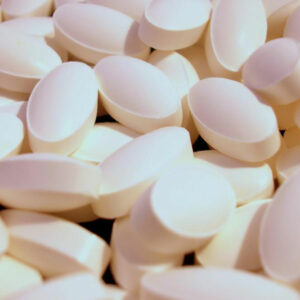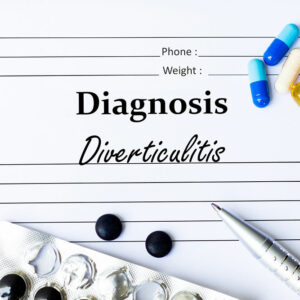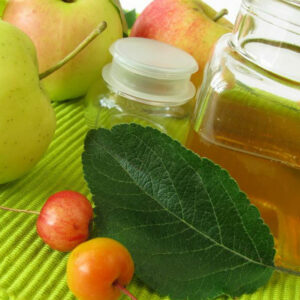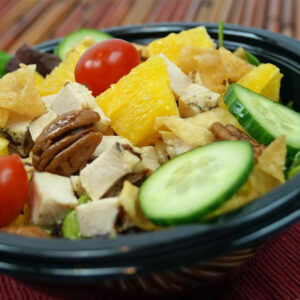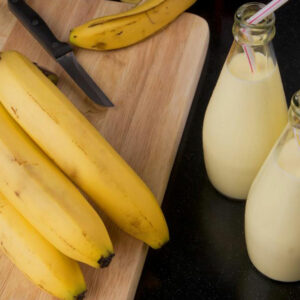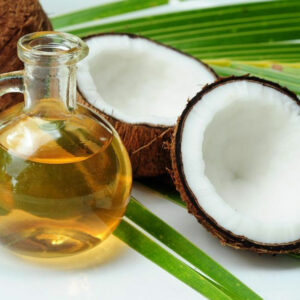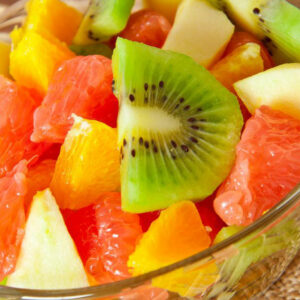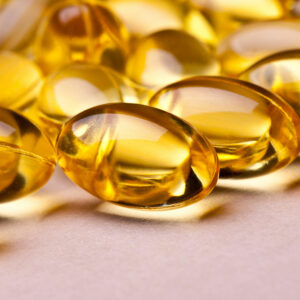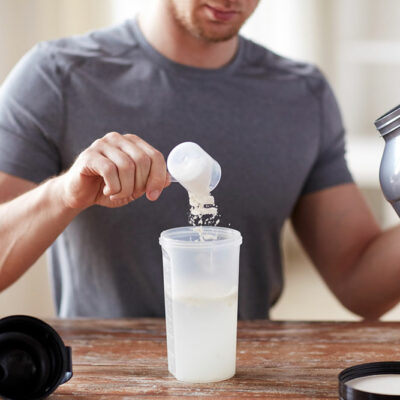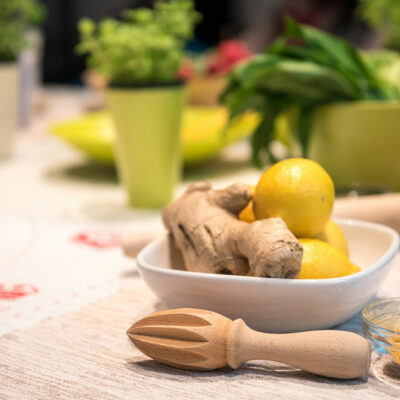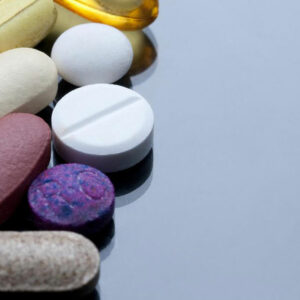
01
Best Vitamins for a Healthy Heart
Supplements and vitamins can help your muscles, bones, and many other body parts. According to many medical study reports, some of the vitamins and supplements may help in improving the blood pressure, lowering the cholesterol level along with maintaining other things that can put your heart at risk. Here is a list of some of the best vitamins for a healthy heart and some supplements. Even though it is unclear whether these vitamins or food supplements help in preventing strokes, heart attacks, and other heart-related diseases or not, but still it is sure that these help in maintaining a healthy heart. Read on and try to add these vitamins, nutrients, and supplements to your daily diet to maximize the heart health. Vitamin B9 (Folic Acid) This is one of the best vitamins for a healthy heart, which you can add to your diet chart. It helps in regulating the homocysteine in the bloodstream. This homocysteine is an amino acid that is associated with the possible risks of causing blood clots. Broccoli, asparagus, Brussels sprouts, and lentils are great natural resources of vitamin b9. Vitamin D Many medical research reports have reflected the fact that deficiency of vitamin D can lead to higher chances of heart-related problems. Hence, getting a sufficient amount of vitamin D is necessary to stay healthy. Your body produces this one of the best heart health vitamins. If you are in the sunlight, the production rate of vitamin D increases. However, being in the sunlight for a long time can cause other health issues as well. Vitamin D helps in regulating blood pressure. Aging, obesity, and getting lesser exposure to the sunlight can cause a deficiency of this vitamin. Coenzyme Q10 Well, technically, this is an enzyme. It not only helps in keeping a better heart health but also helps in lowering the cardiac failure signs and symptoms as per many medical study reports.
Read More 